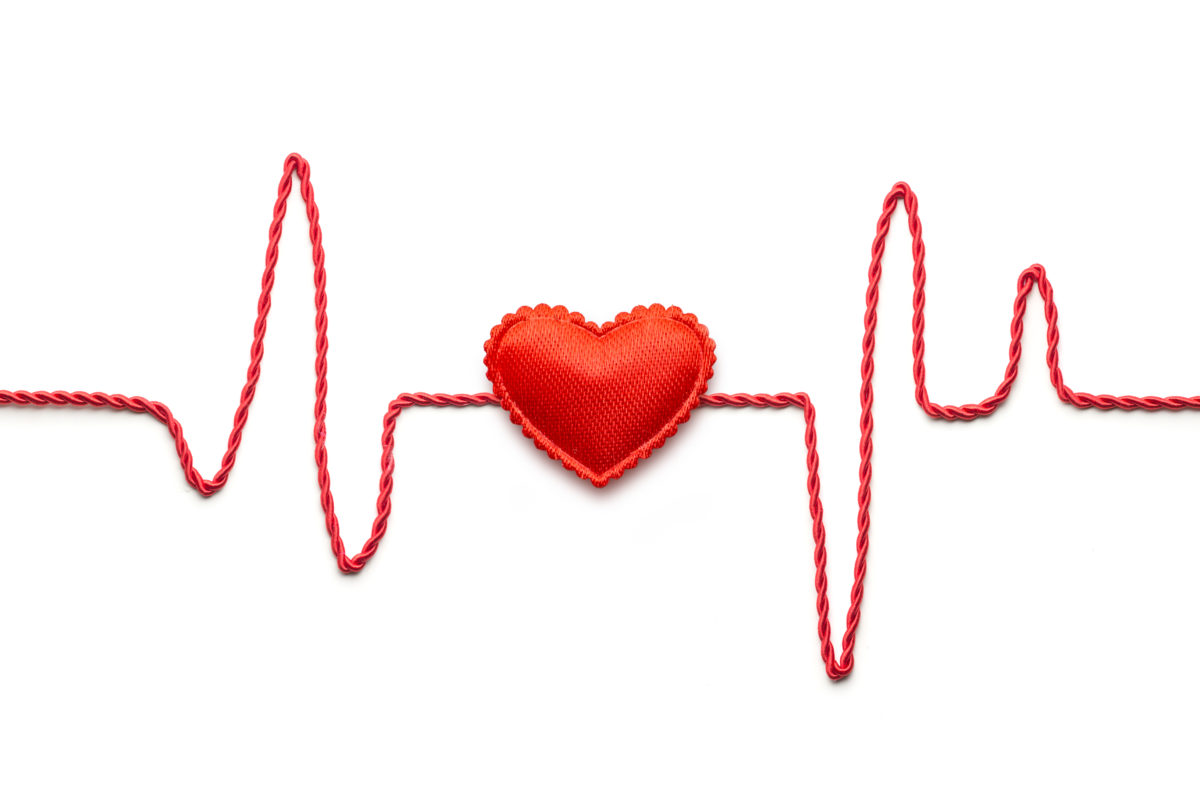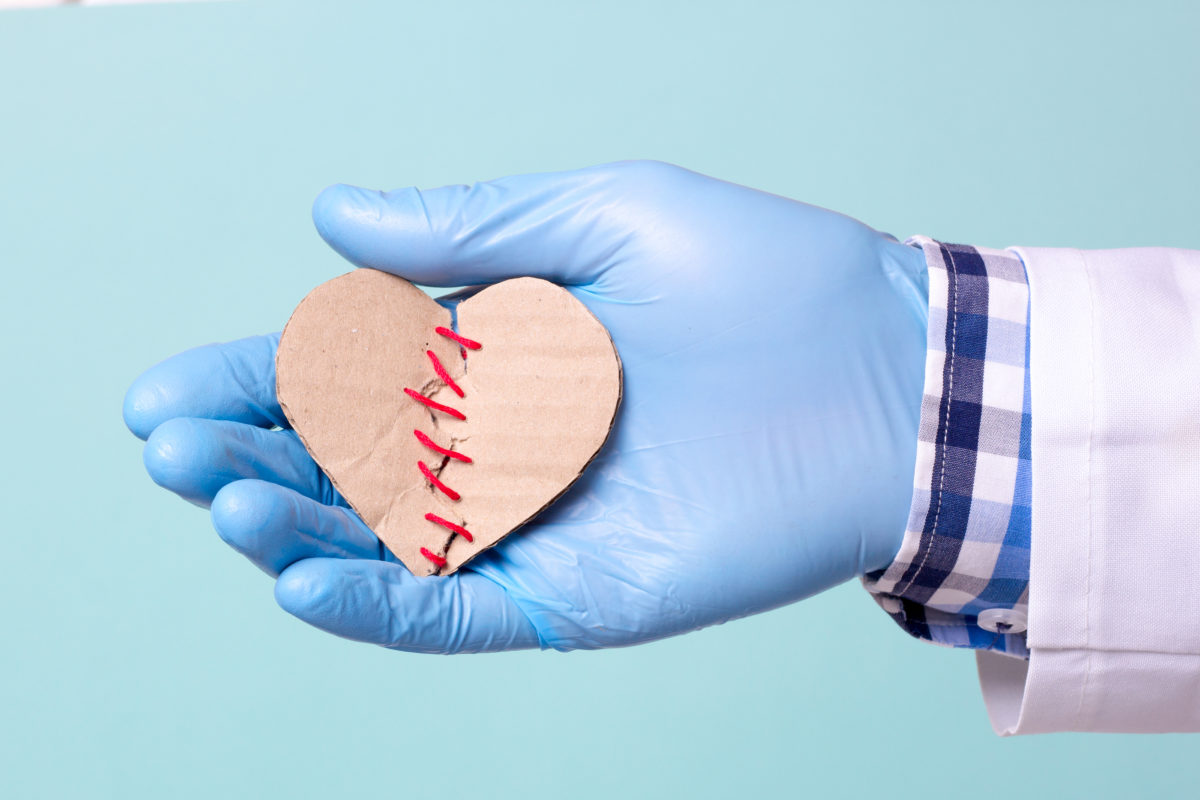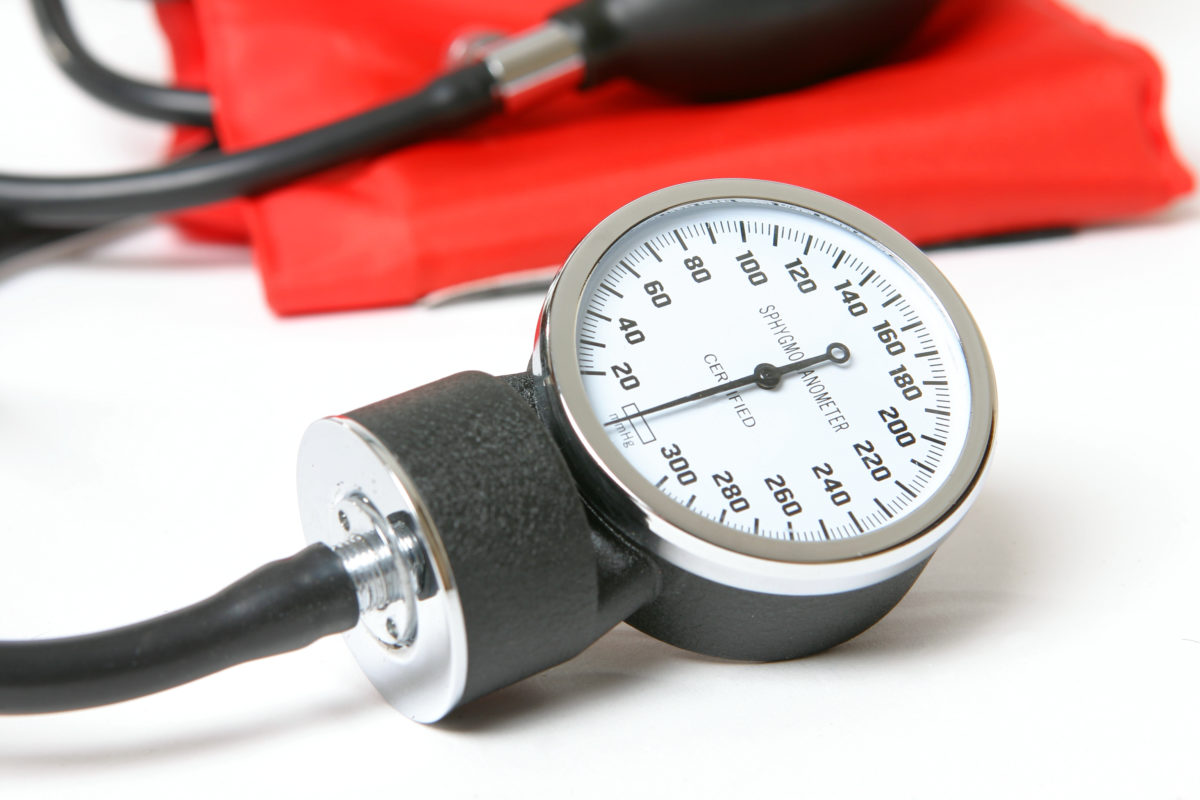You just had heart valve surgery. Be proud of yourself and your body for undergoing some major surgery to enable you to lead a healthier, longer life. But, now what? What do you do after heart valve surgery? How do you take care of your heart? We want to share some basic things you will need to do to stay healthy after heart valve surgery.
Right after surgery, you will be told to walk regularly, perform breathing exercises and gradually increase activity. Your doctor will give you recovery instructions, such as to watch for any signs of infection, incision care, pain management, and post-op side effects. Your doctor will determine when you can return to daily activities. Cardiac rehabilitation (to help improve health and help with recovery) may be recommended by your doctor, as well as permanent lifestyle changes when it comes to diet, physical activities, tobacco usage, and stress management.
If you had mitral valve surgery recently or even a few years back, you may be wondering “How do I take care of myself going forward?” If your repair went well, your doctor will check up on you periodically. If he or she doesn’t hear anything irregular through a stethoscope, no extra testing will be needed, especially if you feel fine and have no alarming symptoms. If you’ve had an artificial valve put in, your doctor will pay attention to its wear and tear and know when it needs to be replaced again.
If you’ve had a good repair by a good surgeon, your heart (and new valves) should be long-lasting. There is no need to repeat unnecessary tests if you feel fine and the doctor hears or sees no problem during a physical exam.
Your doctor will continue to recommend that you eat well, watch salt intake, watch your weight, eat lots of fruits and vegetables, and aim to do some form of exercise regularly.
If you stick to healthy diet and exercise choices and get checked up once or twice a year by your doctor, you will continue to keep your heart happy and healthy.
If you suffer from heart disease, it’s time to talk to a heart valve surgeon about your options. If you’re looking for a great heart valve surgeon, Dr. Peter Mikhail specializes in mitral valve surgery and TAVR. To book a consult, click here or call 727-312-4844. He is based in New Port Richey, Florida, and treats patients in the Tampa and Clearwater areas.







